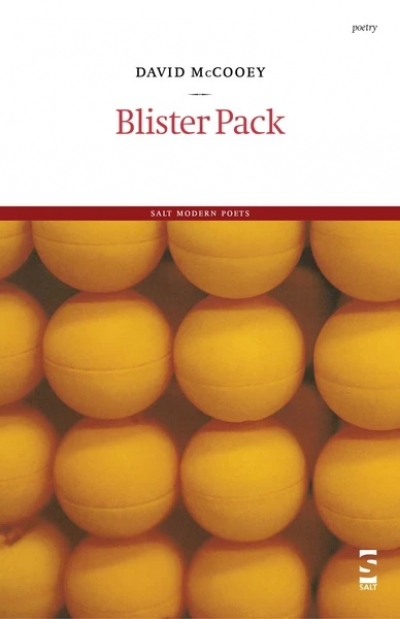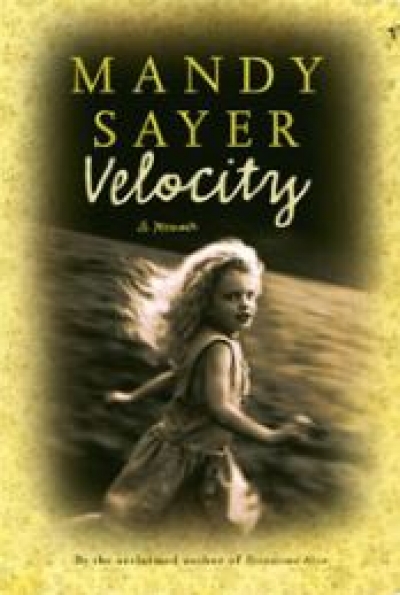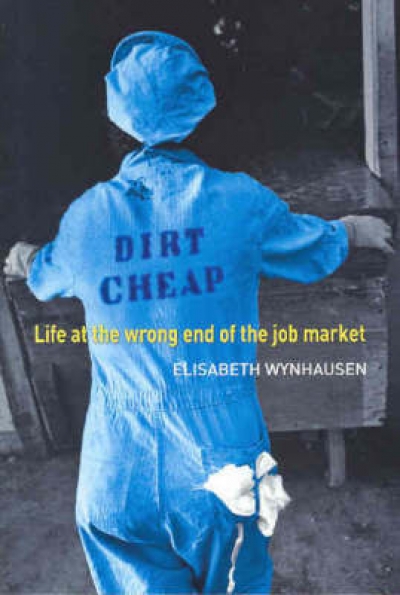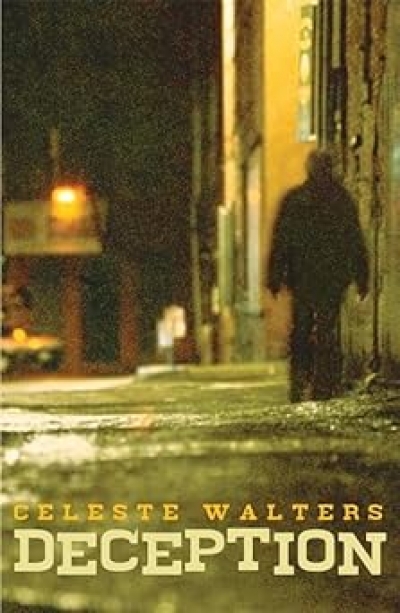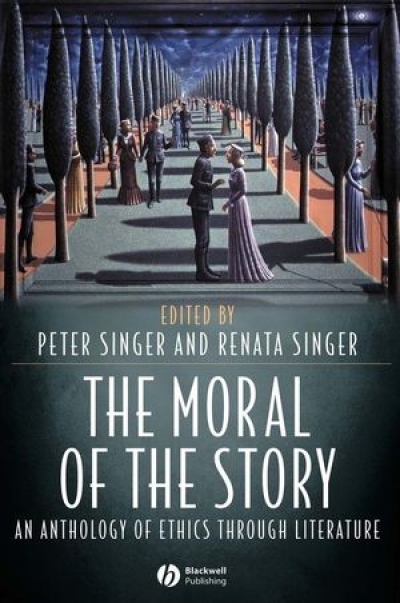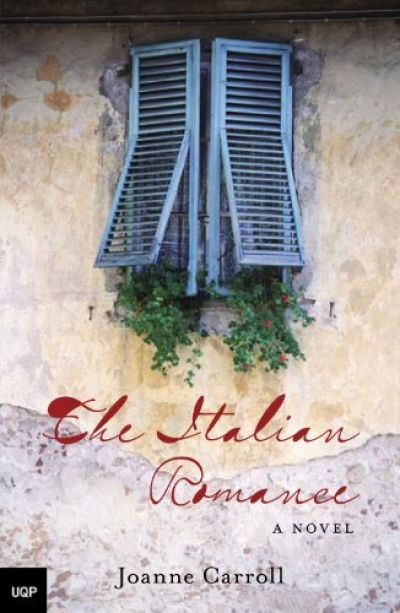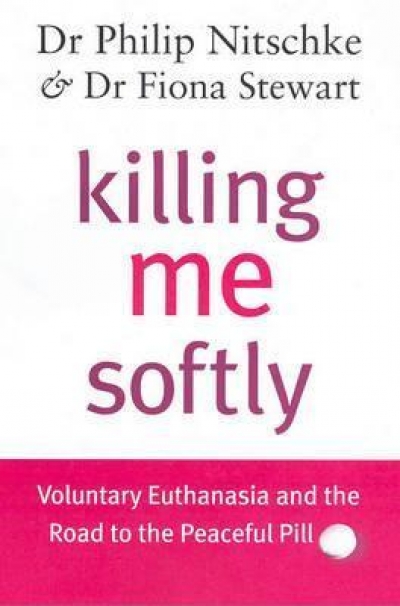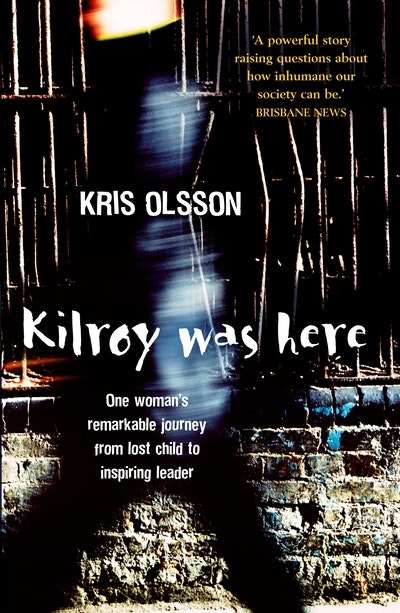Archive
La Trobe University Essay | 'The Geist in the Mirror: Harold Stewart, James McAuley and the Art of Translation' by Keith Harrison
Ern Malley aside, Harold Stewart and James McAuley are poetic confrères in a region of Australian letters that has been largely overlooked. McAuley (1917–76), who translated only intermittently from the German, gave us poems by Stefan Georg, Karl Haushofer, and Georg Trakl, but the poem I will concentrate on is his 1946 version of Rainer Maria Rilke’s ‘Herbsttag’, which is so remarkable that later I intend to examine it closely. Stewart 1916–95), in contrast to McAuley, spent a good deal of his writing life, both in Australia and Japan, in translating Japanese classical verse, particularly the masters of haiku: Bashô, Buson, Shiki, Issa, Ryokan, Baizan, and others. This work, which occupied him for many years in Australia and Japan, was gathered in two books that will be the focus of my remarks.
... (read more)
